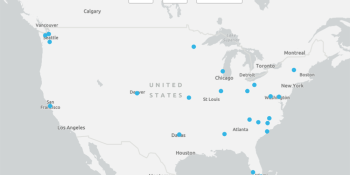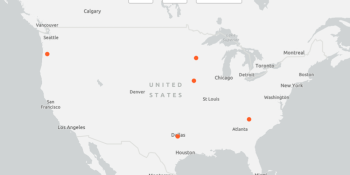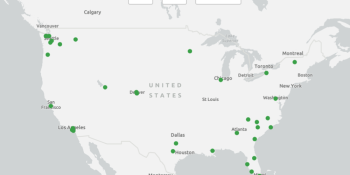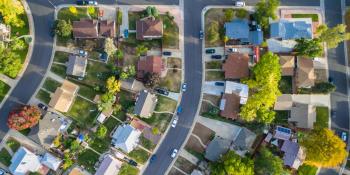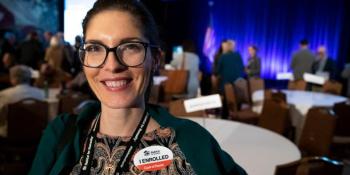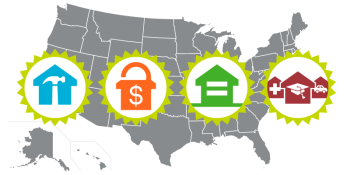Ensuring access to and development of communities of opportunity
Everyone deserves to live in a stronger and healthier community — and to contribute to how that community is shaped over time. That’s why the Cost of Home campaign prioritized access to and development of communities of opportunity as a key area of focus.
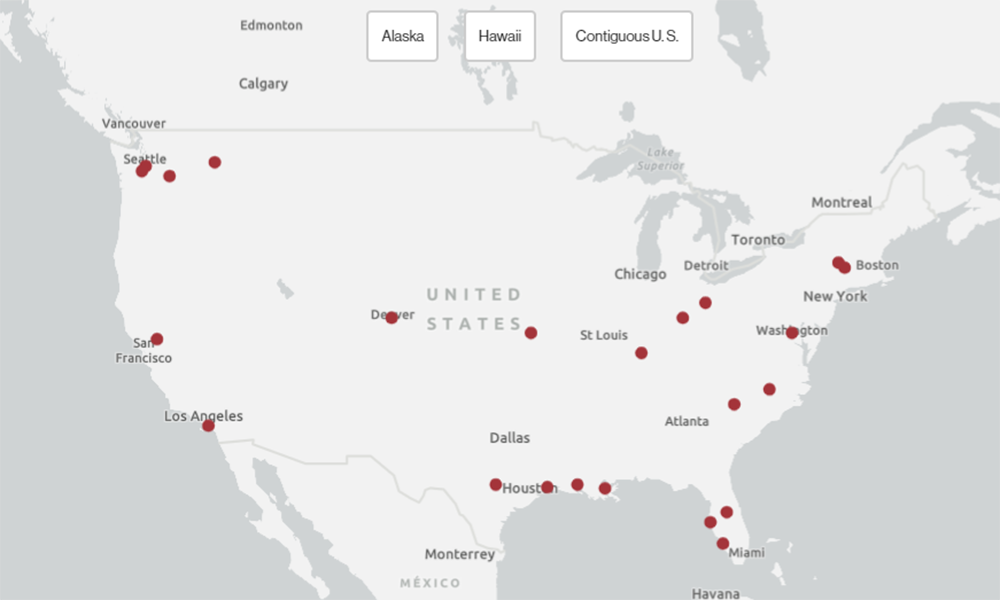
Check out our interactive map to see areas where local and state Habitat organizations have successfully changed housing policies to ensure access to and development of communities of opportunity.
When homes are affordable and well-located, families can have reasonable commutes to employment or educational opportunities, resulting in lower transportation costs and more time to invest in home and family. That investment creates greater stability for them and the neighborhood.
To increase these opportunities, local and state Habitat organizations have successfully advocated for policies that protect and strengthen neighborhoods and enable communities to thrive.
Strategies used to expand and preserve access to community opportunities:
- Expansion of resources for home repair, home modification and weatherization assistance.
- Increase in funding for lead and asbestos remediation.
- Implementation of property tax relief programs to mitigate displacement.
- Reduction of evictions with the help of affordable legal assistance and “just-cause” eviction laws.
- Support of local decision-making processes to ensure that residents have a meaningful voice in community development.
- Adoption of local hiring and contracting policies.
- Increase in mobility for housing voucher holders.
- Improvement in quality of existing housing stock through the enforcement of housing and building codes.
At Habitat for Humanity, we know that home isn’t just a building; it includes the community and resources in which you live, work and grow.
Affordable homes must:
- be built in environmentally sound areas.
- have access to economic and social opportunities and viable transportation.
- have systems in place to preserve affordability and prevent the displacement of current residents, many of whom have lower incomes, as communities experience increasingly new development and investment.
- be well-constructed and mitigated against disasters to control the health, maintenance, sustainability and energy costs of the home.
Our impact
Check out our solutions in action:
- Policy successes mapped by policy focus area and geographies.
- A typology or searchable database of policy changes achieved by Cost of Home.
- Urban Institute brief on searchable database.
- Strategies for advocates to influence home affordability policies.
- Urban Institute policy assessment report.
Join us
Though the Cost of Home campaign has concluded, the work continues. Find out how you can add your voice to be a part of this important work.
